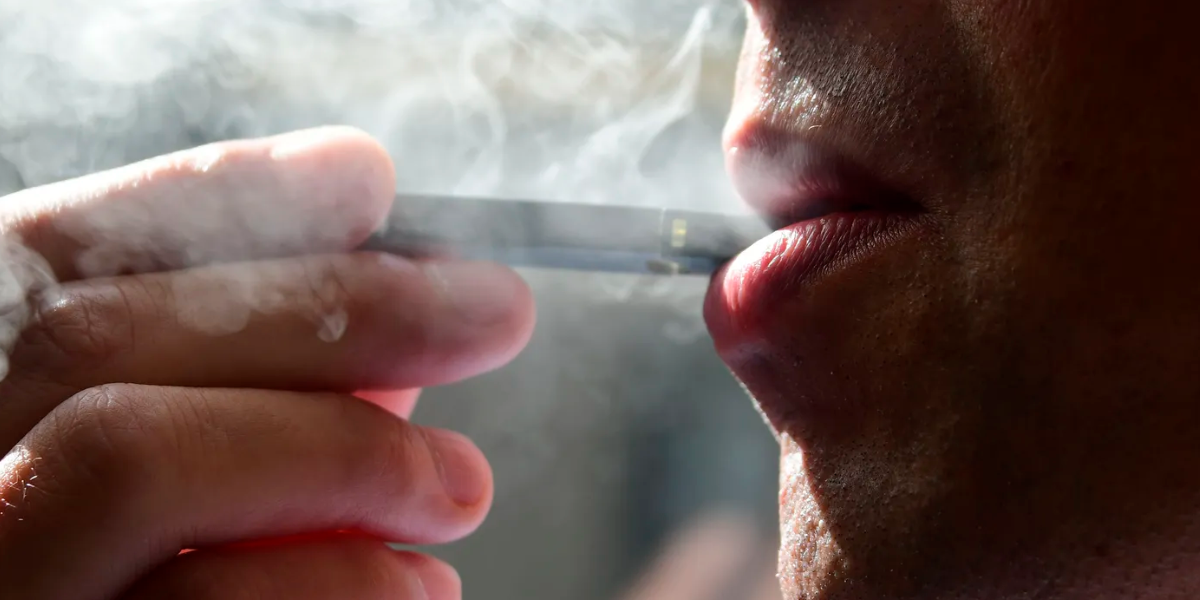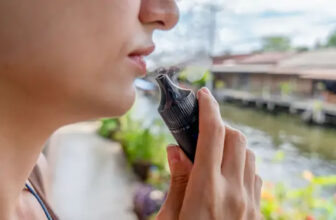
Texas recently passed a law imposing harsher discipline on students caught vaping or possessing e-cigarettes on public school campuses. House Bill 114 goes into effect September 1, 2022. This article examines the new rules and why Texas lawmakers felt compelled to take action against underage vaping.
Vaping Cases Skyrocketing in Texas Schools
Many Texas school districts have seen exponential increases in vaping-related cases over the past two years. For example, Northside ISD in San Antonio reported a 500% rise, from around 40 cases a month to over 200.
Authorities cite increased concealability of vape pens and lack of awareness of consequences as reasons for the surge. But the prevalence of underage vaping has reached levels that demand intervention.
An Overview of Texas House Bill 114
HB 114 institutes a "one strike" policy for vaping and e-cigarettes on school grounds. Key provisions include:
- Students caught using or possessing vape products on or within 300 feet of campus will be placed in DAEP (disciplinary alternative education program).
- Selling, giving, or being under the influence of vaping products also warrants DAEP placement under the new law.
- The rules apply to any school-sponsored or school-related activity, regardless of location.
- Offenses pile up quickly under the statute. Subsequent violations mean expulsion.
Texas Schools Hope to Deter Underage Vaping
By implementing stern discipline for first-time offenses, lawmakers aim to curb teen vaping rates and change social attitudes. Schools plan to educate students that vaping comes with real consequences.
"Vaping THC is a felony. Parents need to know — students need to know what they're up against," said Northside ISD Police Chief Charlie Carnes.
While critics argue the approach is too punitive, proponents believe strict policy is appropriate given vaping's addictive nature and unknown long-term effects on youth health.
Ongoing Challenges With Underage Vaping
Despite the disciplinary crackdown, Texas schools expect continuing challenges including:
- Vape pens are easily concealed, making enforcement difficult
- Students may not grasp addiction risks and health impacts
- Illicit THC vapes remain an issue even if nicotine ones are deterred
- Online sales skirt age verification laws meant to block teen vaping
Sustained educational outreach and offering supportive cessation programs will be key to addressing the underlying causes fueling youth vaping.
Conclusion
With vaping exploding among youth, Texas passed one of the nation's toughest laws to curb the trend. But lasting change requires getting at the root factors driving teens to vape. Ongoing efforts to prevent youth access, raise awareness of health hazards, and provide quit resources remain vital to creating tobacco-free school environments.







